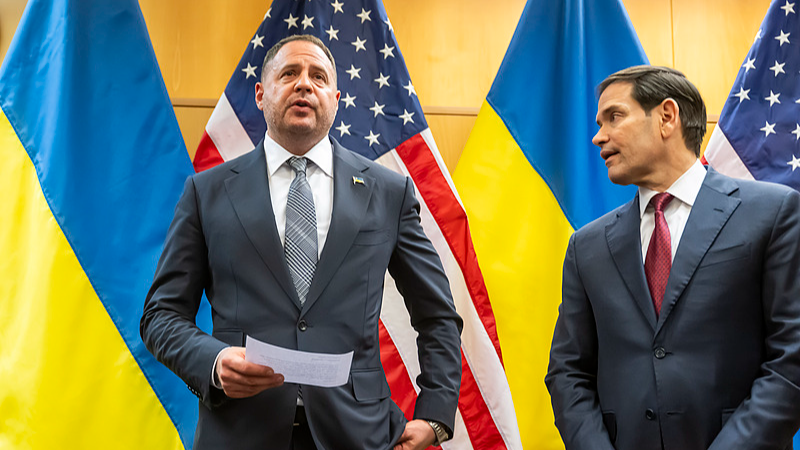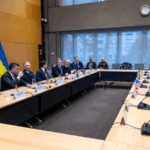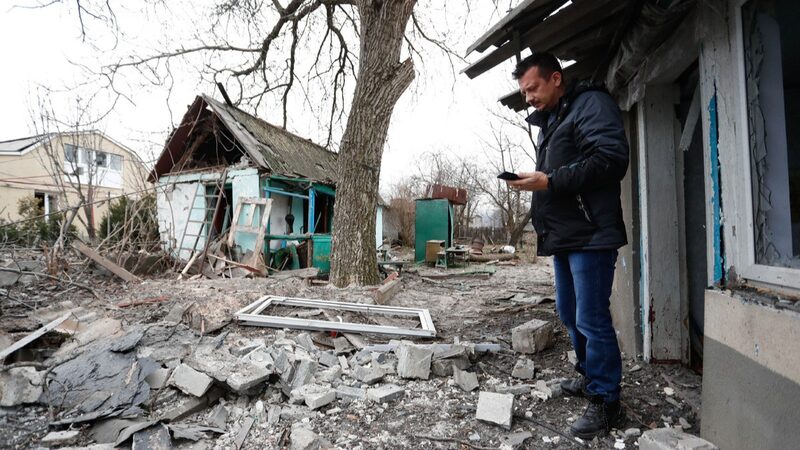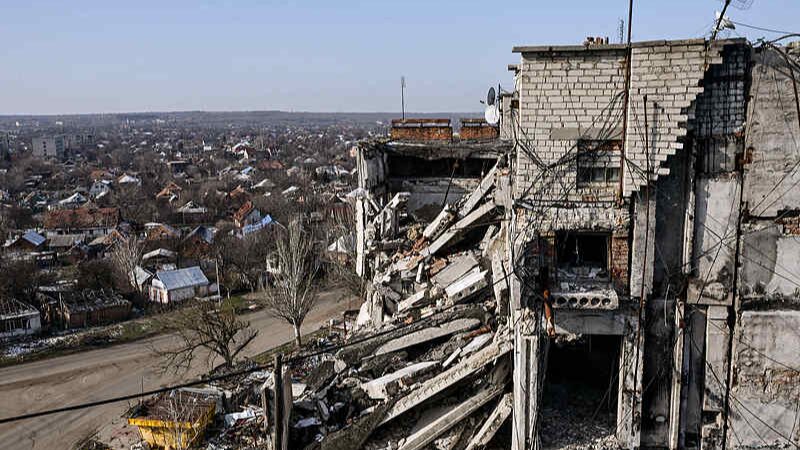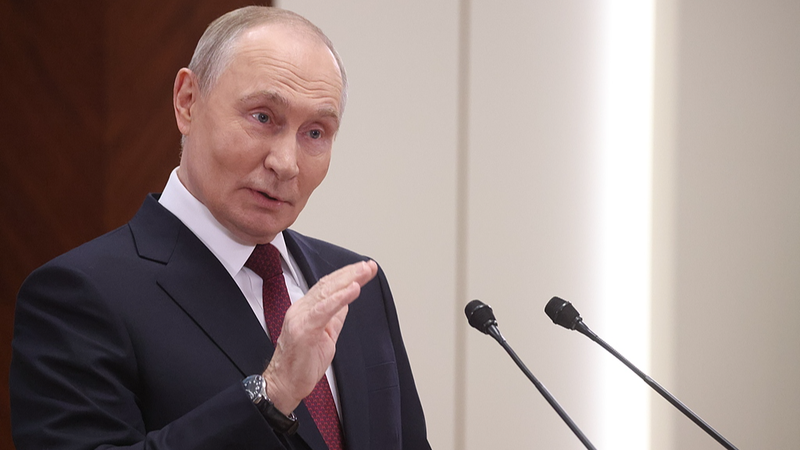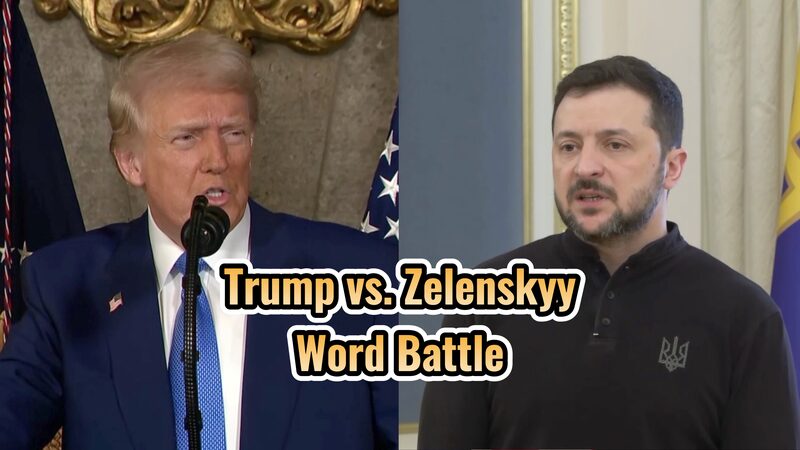U.S. and Ukrainian officials described Sunday's Geneva negotiations on a 28-point plan to resolve the Russia-Ukraine conflict as productive but cautioned that significant differences persist. The talks, involving national security advisers from Britain, France, and Germany, marked the latest effort to bridge gaps between Kyiv's priorities and Western strategic interests.
Diplomatic Momentum
U.S. Secretary of State Marco Rubio called the discussions the "most productive and meaningful" to date, emphasizing progress on key issues while acknowledging unresolved matters requiring presidential approval. Andriy Yermak, head of the Ukrainian Presidential Office, echoed the sentiment, stating both sides achieved "very good progress" toward a "just and lasting peace."
Unresolved Challenges
Despite optimism, Rubio declined to disclose specifics, noting semantic disagreements and unresolved questions about the European Union and NATO's roles. Ukrainian President Volodymyr Zelenskyy stressed the need for "effective and doable" steps in a social media statement, reflecting Kyiv's cautious stance.
European Skepticism
German Chancellor Friedrich Merz reiterated that any resolution requires consensus among Ukraine and European partners, not just major powers. Reports suggest European dissatisfaction with the U.S.-proposed plan, compounded by claims that Brussels never formally received the blueprint from Washington.
Analyst Perspectives
Diao Daming, a professor at Renmin University of China's School of International Studies, observed that while the U.S. seeks a geopolitical win through rapid ceasefire negotiations, conflicting interests between stakeholders make implementation "extremely uncertain."
As teams prepare for follow-up discussions this week, all eyes remain on whether technical progress can translate into politically viable compromises. Russia has yet to respond to the latest developments after President Vladimir Putin previously called the plan a potential basis for resolution.
Reference(s):
U.S., Ukraine say Geneva talks make 'progress' but differences remain
cgtn.com
